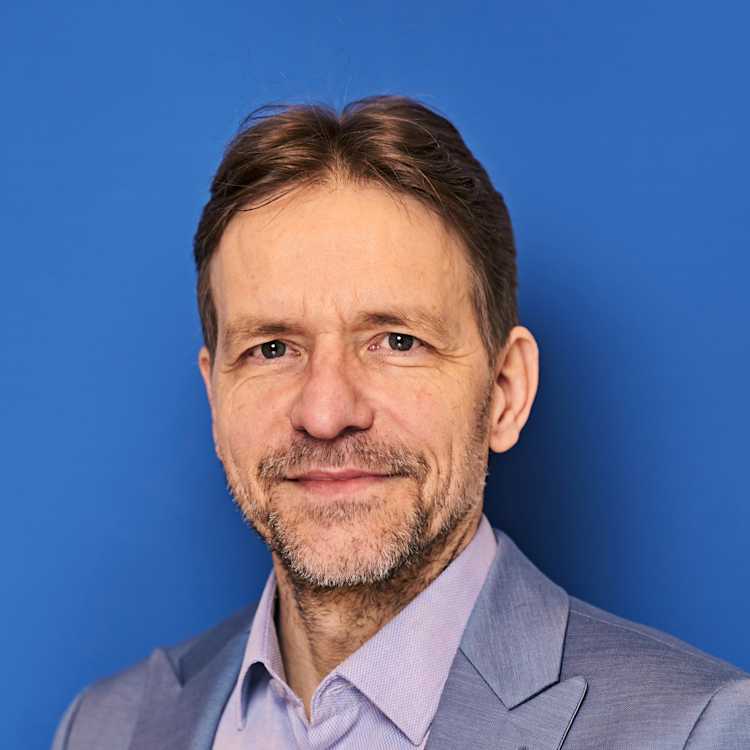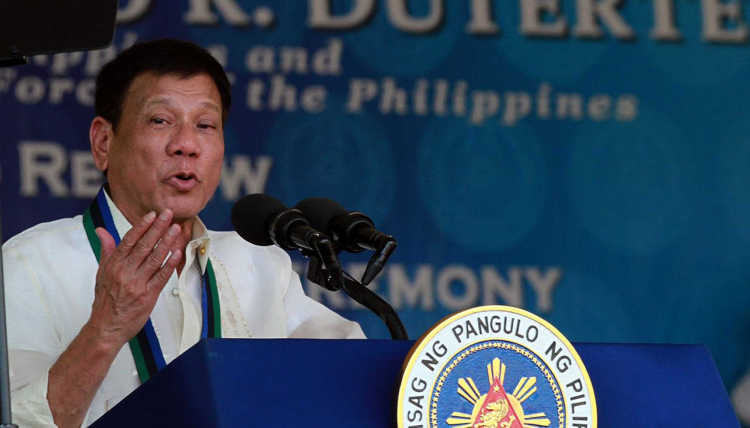- Home
- Research & Transfer
- Research Projects
- Populism in Southeast Asia
Populism in Southeast Asia
The surge of Trumpism in the US and of nationalist populism in Asia and Europe, but also of leftist populist politicians in Latin America signify major shifts with reference to economic globalization, the role of political parties, the decline of “classical” ideologies, and the politicization of religion. It is still questionable how Southeast Asian countries are affected by these developments and whether there are characteristic forms of populism.
EC, Horizon 2020, 2017-2021
Team
Research Questions
The project asks whether the specific notions of “the pure people”, “the corrupt elite”, of “thin ideologies”, etc. are relevant for a discussion of the subject in Southeast Asia. Moreover, this project seeks to investigate the causes and effects of the rise of populist leaders, ideologies and mobilization strategies in Indonesia, Malaysia, the Philippines and Thailand. This is important in order to better understand the global emergence and the diverse expressions of populism.
Contribution to International Research
This research project is part of a larger EU consortium on Regional Integration in Southeast Asia (CRISEA). It contributes to WP 3 "The State: Contesting the Liberal State" which analyses the forces that nowadays contest the liberal State within and beyond the region. Researches in that WP analyse whether we herald a new era for Southeast Asia, where governance is openly legitimised by group interests that challenge the liberal values central to ASEAN's political model.
Research Design and Methods
The project analyses populist mobilization during local and national elections in Malaysia, the Philippines, Thailand and Indonesia. It examines discourses during election campaigns and in between elections, specifically with respect to major populist leaders.
Preliminary Findings
Populists in Southeast Asia are often outsiders with a strongmen image. As right-wing populists they undermine democratic institutions. Whereas in Europe, the “true people” is often defined in ethno-nationalist terms, populists in SEA have a problem in defining “the true, morally pure, homogeneous people”. In SEA, enemies are usually not immigrants, but religious or ethnic minorities or drug traders and addicts.





